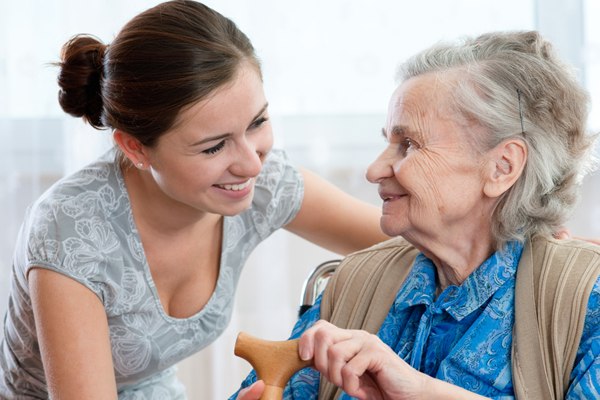I constantly strive to develop and acquire new knowledge, my experience and additional education confirm this.
According to the current legislation of Ukraine, adult children have a duty to help their parents in case of need, in particular, to provide material support and care, especially in cases when the parents are old or sick and need help.
At the same time, the duty to help parents is not universal and may be limited by a number of factors, such as the financial ability of the child, the presence of other relatives who can provide help, and other circumstances.
In addition to paying alimony, adult children may be required to contribute to additional expenses for their parents if the latter need financial assistance due to serious illness, disability or infirmity. This may include financial support for treatment, purchase of medical equipment, care for them and other related expenses.
These obligations may arise both by agreement between the parties and as a result of court decisions. For example, in the case of consideration of a claim for the establishment of alimony, the court may decide on additional financial support for parents in cases where they need special care due to their health condition.
However, if the mother or father avoided fulfilling their parental duties, the daughter or son may be released by the court from the obligation to maintain them and participate in additional costs.
When the parents did not pay alimony for the maintenance of the child, which led to the emergence of debt. If this debt exceeds the amount of the corresponding payments for three years and has not been repaid at the time of the court's decision to determine the amount of alimony, then the daughter or son may be released from the obligation to pay alimony.In both cases, if non-payment of alimony is confirmed by an appropriate certificate from the state executive service body or a private executor. Such cases are considered by the court, and alimony from a daughter or a son can be awarded exceptionally, but for a period of no more than three years.
1. The court determines the amount of alimony for parents in a fixed monetary amount and (or) in a share of earnings (income), taking into account the financial and family status of the parties.
This statement sounds like a general principle that indicates that the court determines the amount of child support for parents, taking into account their financial situation and the needs of the children or other persons who are provided with financial support.
2. When determining the amount of alimony and additional costs, the court takes into account the possibility of receiving support from other children, against whom no lawsuit has been filed for the collection of alimony, the wife, husband and parents.
This statement indicates that the court, when determining the amount of alimony, may take into account the possibility of receiving financial support from other children, the spouse (husband) and their parents. This may affect how the court will determine the amount of alimony for the plaintiff.
Exceptional circumstances, such as serious illness or disability of the mother or father, may affect the court's decision to determine the amount of child support. If the child has sufficient income or earnings and one of the parents is seriously ill or disabled, the court may decide to collect funds from the child to cover expenses related to the treatment or care of the sick parent. It can be set once or for a certain period of time.This provision indicates that the court will consider all the circumstances of a particular situation and make a decision based on the best interests of the child and the capabilities of the parties.
"Permanent external care" refers to ongoing support and assistance provided to individuals who require assistance with daily activities due to physical, mental, or medical conditions.



























